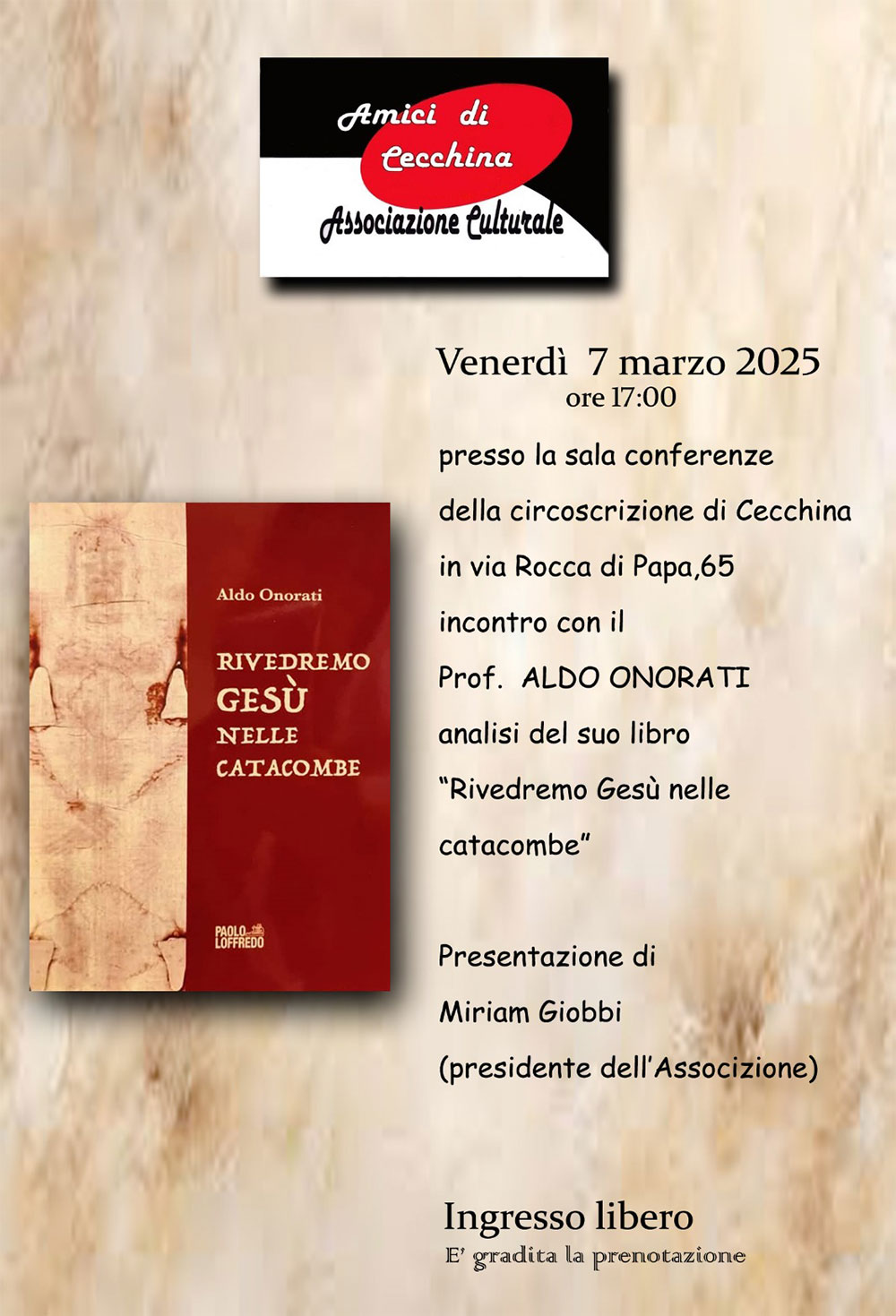 Paolo Loffredo, sixth generation of a large family of publishers and booksellers engaged in the production and distribution of books since the late nineteenth century, creates in 2012 the new editorial company Paolo Loffredo Editore. The historical site was until the '80s in the heart of the historic centre of Naples in Via San Biagio dei Librai, lower Decumano and also known as the SpaccaNapoli.
Paolo Loffredo, sixth generation of a large family of publishers and booksellers engaged in the production and distribution of books since the late nineteenth century, creates in 2012 the new editorial company Paolo Loffredo Editore. The historical site was until the '80s in the heart of the historic centre of Naples in Via San Biagio dei Librai, lower Decumano and also known as the SpaccaNapoli.
At the beginning of the twentieth century, Giuseppe Loffredo decided to add book selling to the book production, which definitively imposed itself after World War II with the publication of manuals for the University and for the School that succeeded in establishing themselves soon throughout Italy.
LAST EVENT
"Rivedremo Gesù nelle catacombe"
07 Marzo 2025 - Sala Conferenze circoscrizione di Cecchina - via Rocca di Papa 65, Albano Laziale (RM) - ore 17,00

DE SESTERTIO ET TALENTO - PORCELIO DE’ PANDONI
ISSN 2611 - 2795
Language: Latin, English, Italian
Publisher: Paolo Loffredo Editore Srl

Description
Book Preview
Review by Bollettino di Studi Latini 2023
DE SESTERTIO ET TALENTO - PORCELIO DE’ PANDONI
Porcelio de' Pandoni's De sestertio et talento is a work of extraordinary interest for the history of Humanistic and Renaissance antiquarianism. This short work was written in the middle of the fifteenth century, and it throws new light on a little-known aspect of the vast and varied humanist learning. Moreover, to the best of our knowledge, it is the first treatise ever written about numismatics.
Although its origins are not entirely clear, it was completed in Milan. In a prefatory letter, in fact, Pandoni offers the work to the powerful secretary of Francesco Sforza, Cicco Simonetta. In fact, as Andrew Burnett speculates, it is possible that the letter of dedication contains statements that are only partially accurate and that the treatise was originally written in Rome, the city in which Pandoni was trained and in whose cultural milieu he had had close ties to the Colonna family, and in particular to Cardinal Prospero Colonna, a well-known patron with strong interests in antiquities. If so, it was re-purposed, a typical practice of Pandoni, and, in his dedication, he placed the interest, the fascination and the antiquarian and numismatic curiosity that had brought about the writing of the short treatise, in a Milan context.
A critical edition is offered here for the first time (by Nicoletta Rozza), accompanied by a full commentary (by Andrew Burnett), and with a double translation, into both Italian and English.
Authors
Andrew Burnett was Deputy Director of the British Museum from 2002 to 2013, having begun his career at the Museum in 1974 in the Coins and Medals department as Research Assistant. He went on to become Deputy Keeper in 1990 and Keeper in 1992. He is a past President of the Royal Numismatic Society, the Roman Society, and of the International Numismatic Commission. His main research interests are in the coinage of Roman Britain; the early Roman coinage of the third century BC; Roman provincial coinage; and the history of Numismatics.
Nicoletta Rozza got a PhD in 2016 in Filologia classica, cristiana e medioevale-umanistica, greca e latina (Classic, Christina, Medieval and Humanistic, Greek and Latin philology) at University of Naples Federico II. From 2017 she used a post-PhD research grant to study Leonardo Pisano's, also known as Fibonacci, Liber abaci, publishing in 2019 the critical edition, with italian translation and comments, of the starting epistle, of the prologus and of the first four chapters of the work. In 2019 she also won a scholarship at the Royal Numismatic Society of London. She is at the moment a researcher in Letteratura latina medievale e umanistica (Medieval and humanistic Latin literature) at University of Naples Federico II, where she makes critical and textual analysis, but also on latin scientific works and on poetry and people of Naples in XV and XVI Century.



